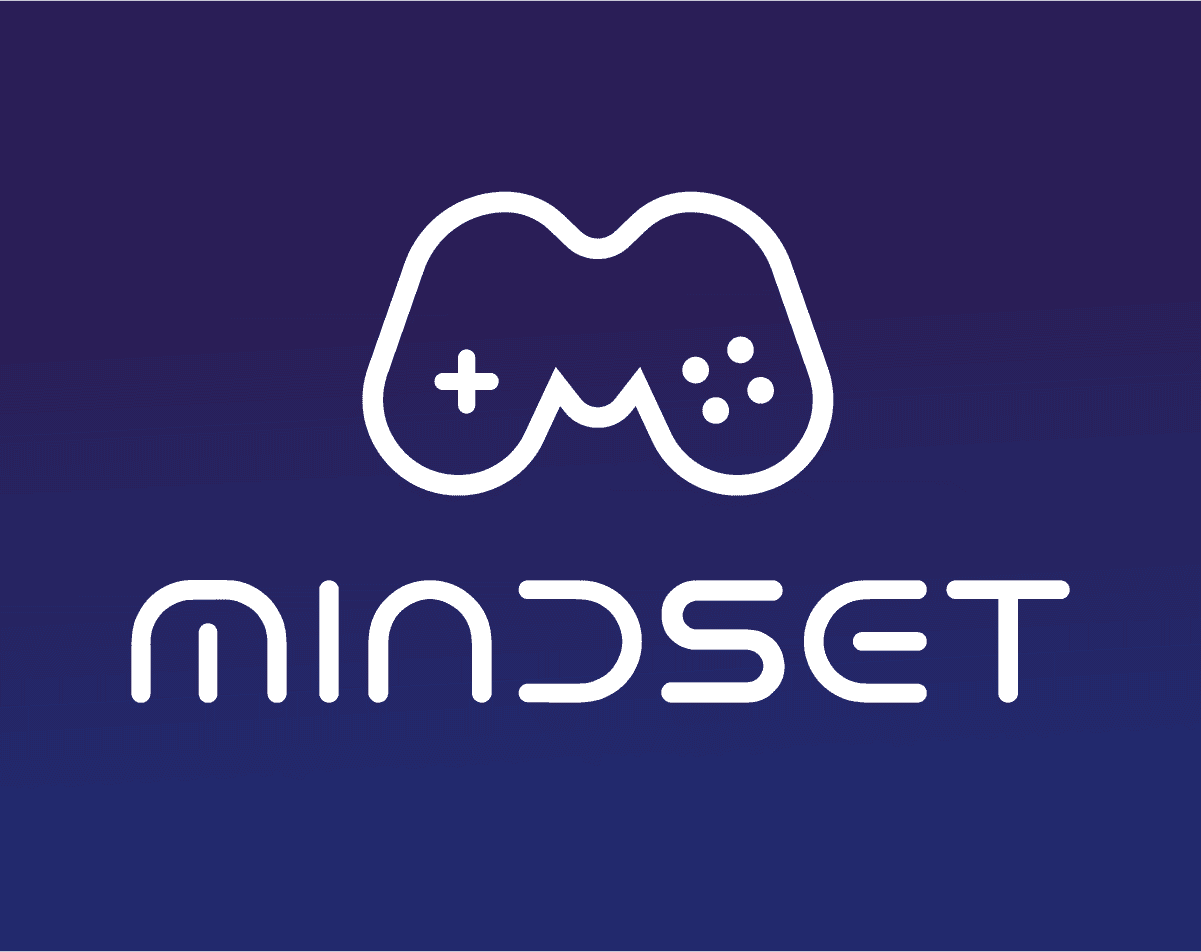The end of a long journey (for the time being…)
September 2025 marks not only the close of summer but also the natural conclusion of our project. As the coordinators of the MINDSET project, reaching the end of this three-year journey leaves us with mixed emotions. On one hand, we are proud of what has been achieved and of the results now available on our website and eLearning platform . On the other, we feel the sadness of closing a truly fruitful collaboration with an outstanding team of professionals from our consortium partners—even in the face of inevitable staff turnover along the way.

Yes, we are proud of our results.
Together we created high-quality resources, freely accessible to youth workers, youth organisations, policy makers, educators, and parents who wish to better understand gaming disorder among young people. Of course, when gaming disorder escalates into addiction, our guidelines alone are not enough—a practitioner’s intervention is required. For this reason, we developed a comprehensive guide for youth organisations, including relevant contacts for each partner country.
Our materials explain how to recognise the signs of gaming disorder, assess its impact, prevent escalation, and intervene effectively. All this knowledge has been organised into a complete training programme, the Capacity Building Program (CBP), available in the six partner languages on our eLearning platform.
Notably, the CBP also includes a chapter on game design—showing how engagement techniques, often used for positive goals such as training, awareness-raising, or entertainment, can also be misapplied in ways that foster gaming disorder and addiction.
The CBP is supported by practical tools: Two questionnaires, one for youth workers to assess their understanding of gaming disorder, and one for gamers as a self-assessment tool.
Eight Action Sheets offering simple, hands-on strategies for addressing issues such as stigma or comorbidities.
While youth workers and organisations are our main audience, we also designed resources for young people themselves. The Handbook for youth, available in two versions adapted to different maturity levels (ages 15–29), provides a friendly and accessible way to engage directly with their concerns. Policy makers, too, are addressed through a set of recommendations , drafted during policy workshops based on the implementation of the CBP across partner countries.
We are proud of this work, and of how warmly it has been received. Our final Online International Event in mid-September was a great success, with participation levels exceeding our expectations.
Of course, the path was not without challenges. Ironically, as specialists in engaging audiences through serious games and gamified online training, we struggled to generate enough attention around gaming disorder in face-to-face settings in France. As every experience teaches, this became an important lesson learned: youth workers and organisations are so committed to their missions, yet their time is limited. To truly involve them, they must be part of the consortium from the very beginning, so that pilot activities can be naturally integrated into their routines. Otherwise, the richness of the content we provide—and the time needed to explore it—can feel overwhelming.
Despite this challenge, the project’s results speak for themselves: strong teamwork and individual commitment made it possible to overcome the difficulties and achieve impactful outcomes.
And so, rather than bidding Adieu, we simply say Goodbye—with gratitude—to our wonderful MINDSET team members.
Thank you, Merci, Ευχαριστώ, Obrigada, Danke, Dziękuję Ci
Marco & Jennifer